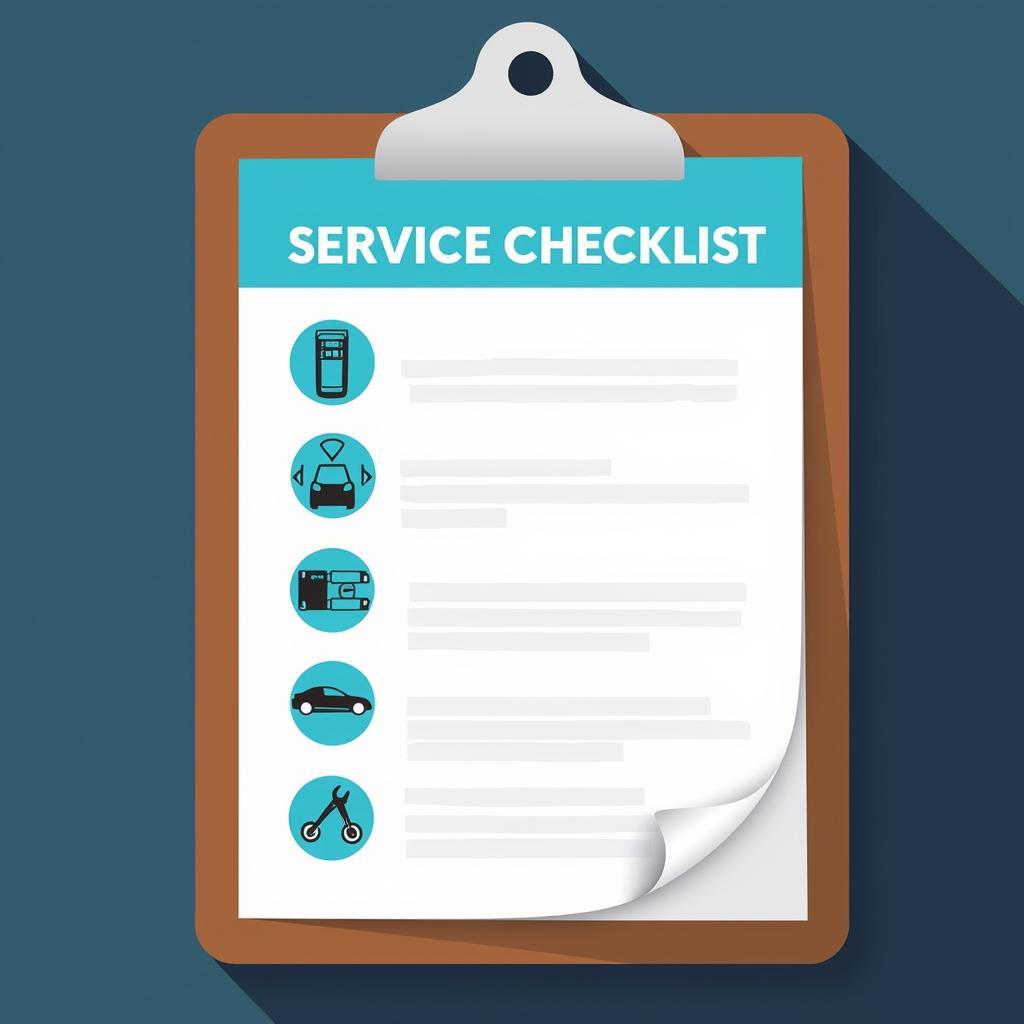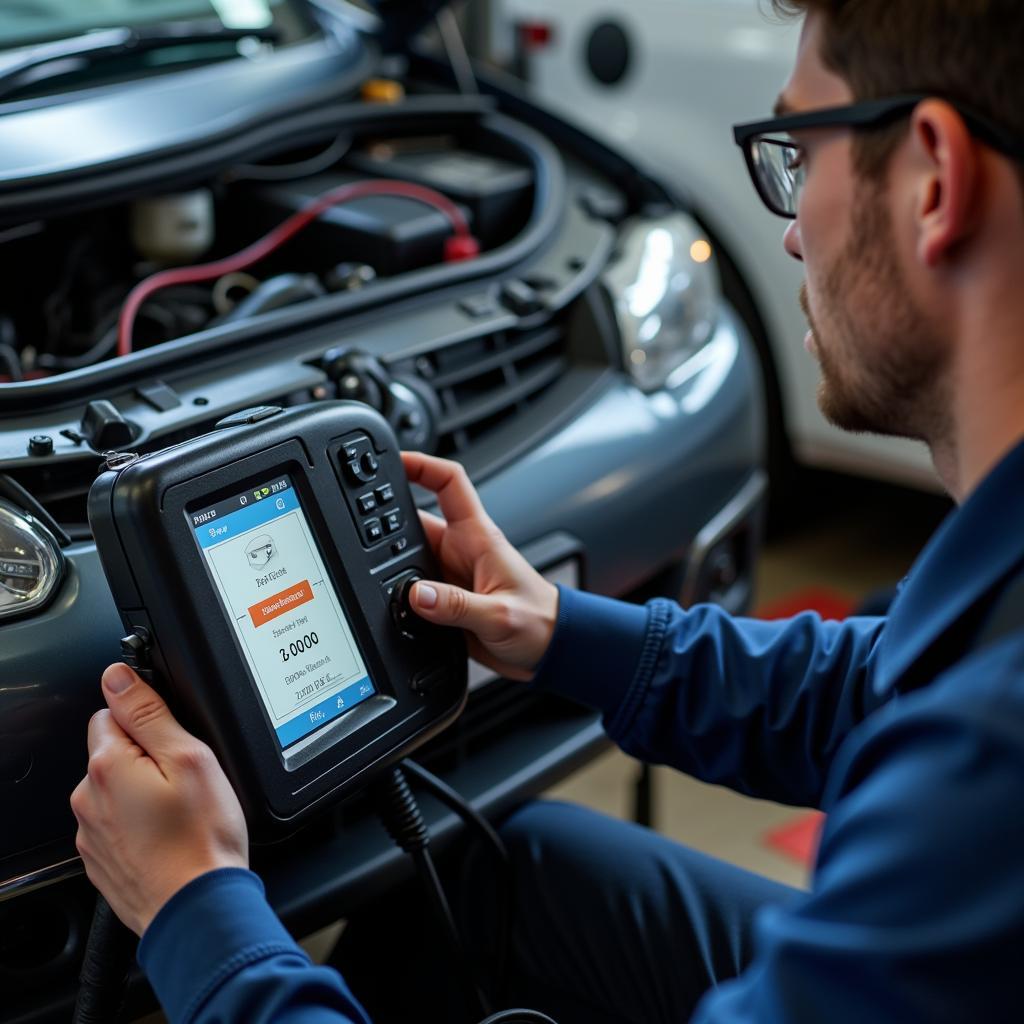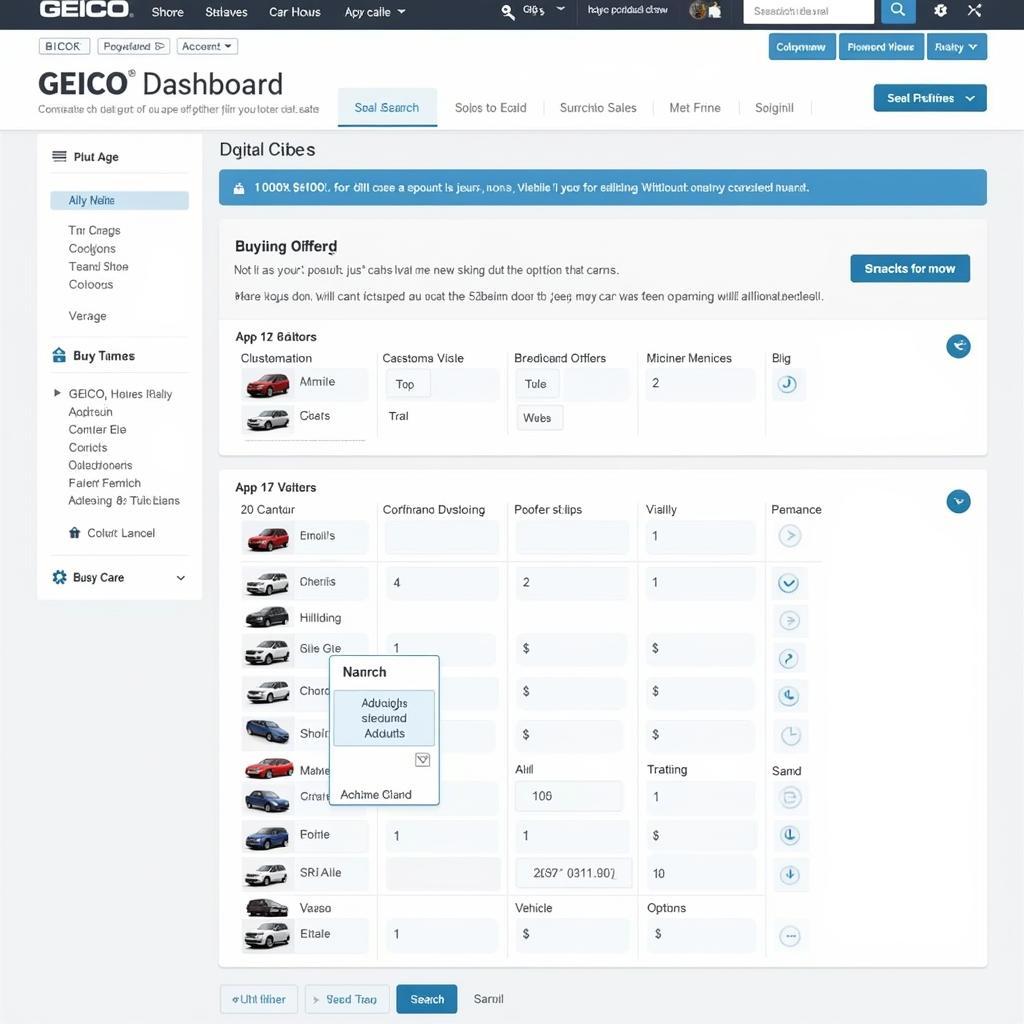How Do You Know When to Get Your Car Serviced?
Owning a car comes with responsibilities, and regular servicing is crucial for its longevity and your safety on the road. But How Do You Know When To Get Your Car Serviced? While modern vehicles are designed to be reliable, they require routine maintenance to perform optimally. Ignoring these essential checkups can lead to costly repairs down the road, not to mention potential breakdowns and safety hazards. This article will guide you through the telltale signs that your car needs a service, empowering you to keep it running smoothly for years to come.
Understanding Your Car’s Service Schedule
The first step to knowing when your car needs a service is to consult your owner’s manual. This document outlines the manufacturer’s recommended service intervals based on mileage and time. Generally, you’ll encounter two types of services:
- Minor Service: Typically performed every 6,000 to 10,000 miles or every 6 to 12 months, whichever comes first. This service includes essential checks like oil and filter changes, tire rotations, and fluid top-ups.
- Major Service: More comprehensive and typically required every 30,000 to 60,000 miles or every 2 to 4 years. It includes a more in-depth inspection of critical components, spark plug replacement, and air filter replacement, among other tasks.
Remember, these are just general guidelines. Factors like driving conditions, climate, and your car’s make and model can influence how often it needs servicing.
Warning Signs Your Car Needs a Service
Beyond the scheduled maintenance outlined in your owner’s manual, several warning signs indicate your car requires immediate attention. Pay close attention to these red flags:
1. Dashboard Warning Lights
Your car’s dashboard is equipped with various warning lights designed to alert you to potential issues. These lights can indicate problems with your engine, brakes, airbags, tire pressure, and more. If any warning light illuminates, it’s crucial to have your car inspected by a qualified mechanic as soon as possible.
2. Unusual Noises
Unfamiliar sounds coming from your car are often early indicators of a problem. Grinding noises during braking could signal worn brake pads, while a squealing sound when you start your engine might mean a worn-out serpentine belt. Don’t ignore these auditory cues – they are your car’s way of telling you something is amiss.
3. Fluid Leaks
Your car relies on various fluids to function correctly, and leaks can indicate a serious issue. Check your garage floor or driveway for signs of fluid leaks. Different colored fluids can point to different problems: green or yellow fluid might be coolant, while reddish-brown fluid could be transmission fluid.
4. Changes in Performance
If your car starts behaving differently, it’s time for a checkup. This could manifest as reduced fuel efficiency, sluggish acceleration, difficulty starting, or a rough idling engine. These changes can indicate problems with your engine, transmission, or other critical systems.
5. Vibrations and Pulling
Excessive vibrations while driving, especially at higher speeds, could point to unbalanced tires or alignment issues. If your car pulls to one side while driving straight, it’s essential to have your steering and suspension system checked.
“Regular servicing is not just about fixing problems; it’s about preventing them,” says John Smith, a seasoned automotive technician with over 20 years of experience. “Addressing minor issues early can save you from expensive repairs and keep your car running safely and reliably for longer.”
What to Expect During a Car Service
A typical car service involves a series of inspections, adjustments, and replacements performed by a qualified mechanic. Here’s a general overview of what to expect:
- Inspection: The mechanic will thoroughly inspect your car’s exterior and interior, checking for any visible damage or wear and tear. They will also check your tire pressure, tread depth, and overall condition.
- Oil Change: The engine oil and filter will be replaced. Engine oil lubricates moving parts, reducing friction and preventing wear. Regular oil changes are essential for maintaining engine health.
- Fluid Top-Ups: The mechanic will check the levels of various fluids, including coolant, brake fluid, power steering fluid, and windshield washer fluid, topping them up as needed.
- Filter Replacements: In addition to the oil filter, other filters, such as the air filter and cabin air filter, might need replacement depending on their condition and the service interval.
 Car Service Checklist
Car Service Checklist
- Spark Plug Replacement: Spark plugs ignite the air-fuel mixture in the engine cylinders. Worn-out spark plugs can lead to reduced engine performance and fuel efficiency.
- Brake Inspection: The mechanic will inspect your brakes, checking the brake pads, rotors, calipers, and brake lines for wear and damage.
- Battery Test: Your car’s battery will be tested to ensure it’s holding a charge and functioning correctly.
Conclusion
Knowing when to get your car serviced is crucial for its longevity, performance, and your safety. By understanding your car’s service schedule, paying attention to warning signs, and addressing potential issues promptly, you can enjoy peace of mind knowing your vehicle is in top condition. Regular servicing might seem like an added expense, but it’s a small price to pay compared to the cost of neglecting your car’s well-being.
Remember, prevention is always better than cure when it comes to car maintenance. If you experience any unusual noises, warning lights, performance issues, or fluid leaks, don’t hesitate to schedule an appointment with a trusted mechanic.
For more information on specific car service needs, check out our articles on how to service car air conditioning units, what is throttle service on car, and how much does it cost to have my car serviced.
Need help finding a reliable car service center near you? Visit our where to go for car service page for recommendations.
Still have questions about car service contracts? Our article on what is service contract when buying a car provides a comprehensive overview.

